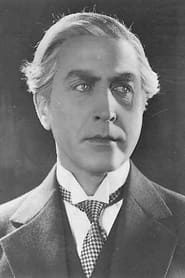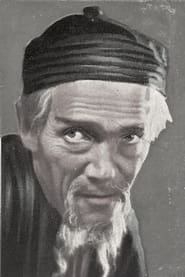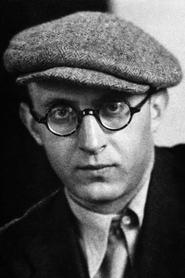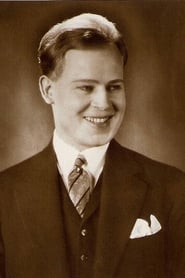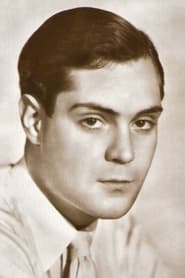
In the year 2026, the city of Metropolis stands as a shining beacon of human achievement and technological advancement. But beneath its gleaming surface lies a dark secret: the city is divided into two distinct halves, one inhabited by the wealthy and powerful elite, and the other by the struggling working class who keep the city running. This stark divide is at the heart of Fritz Lang's groundbreaking 1927 science fiction film "Metropolis," a visually stunning and thought-provoking exploration of class struggle, technology, and the human condition.
The film follows Freder, the son of the city's powerful mastermind Joh Fredersen. Freder leads a life of privilege, but is shocked out of his complacency when he encounters Maria, a prophet who preaches to the workers about the coming of a savior who will mediate the differences between the rich and the poor. Freder is immediately drawn to Maria and her message, and soon finds himself caught up in a dangerous game of power and intrigue as he seeks to bridge the divide between the two halves of Metropolis.
As Freder delves deeper into the world of the workers, he discovers the harsh realities of their lives and the injustices they face. Meanwhile, his father Joh Fredersen becomes increasingly paranoid about the threat Maria poses to his power, and enlists the help of the mad scientist Rotwang to create a robotic duplicate of Maria to sow chaos and confusion among the workers. As the city hurtles towards disaster, Freder must find a way to reconcile the two halves of Metropolis and create a better future for all its inhabitants. With its stunning visuals, memorable characters, and powerful message, "Metropolis" is a true classic of science fiction cinema that continues to captivate audiences today.
Main Cast of Metropolis

Gustav Fröhlich

Brigitte Helm

Alfred Abel
Secondary Cast of Metropolis
Grete Berger
Olly Boeheim
Gottfried Huppertz
Rose Lichtenstein
Hanns Leo Reich
Arthur Reinhardt
Henrietta Siodmak
Helen von Münchofen
Helene Weigel
Crew of Metropolis
Full backstage crew list →- Released on March 06, 1927





